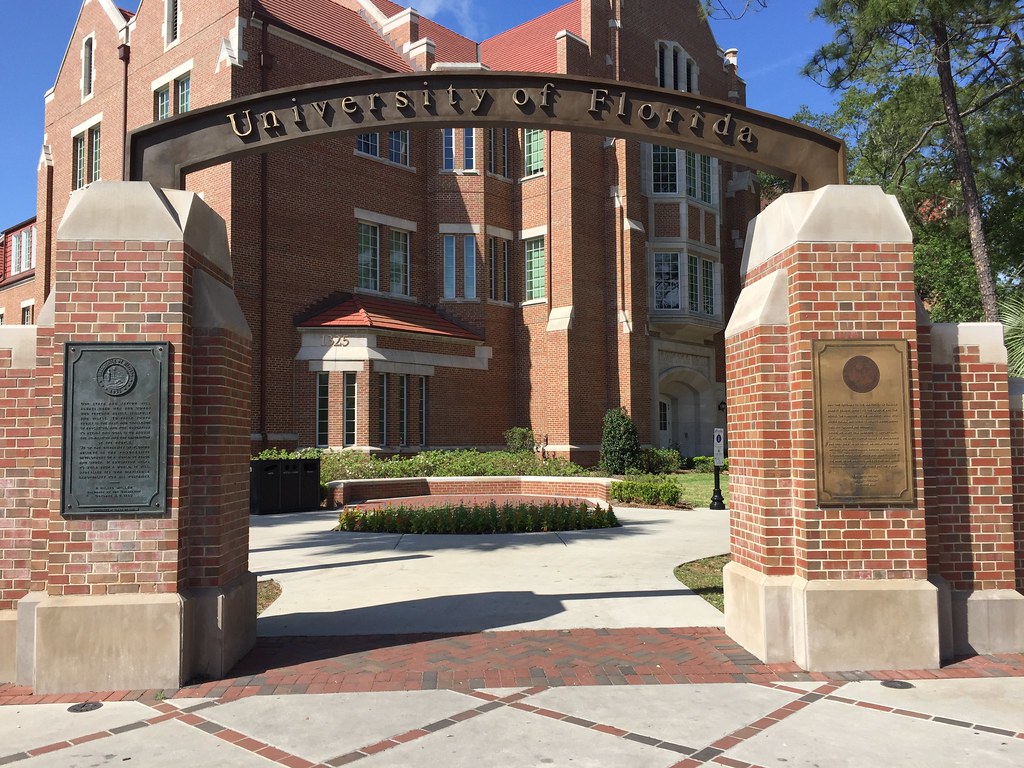OPINION: Faculty deserves rights to free speech

UF reversed its Nov. 5 decision which prevented professors from testifying against the state in a class action complaint filed May 17 by voting rights organizations over SB 90.
The reversal of the restriction is the right decision. It reinforces the free speech of public employees against the government, regardless of the public image of their employer.
SB 90 — approved by Gov. Ron DeSantis on May 6 — changed the requirements for voter registration, restricting the time frame for mail-in ballot requests and activities that can be performed around drop boxes.
The class-action complaint claimed SB 90 is a discriminatory response to high voter turnout among Black and Latino citizens in the most recent election.
Voting law experts and UF professors Daniel Smith, Michael McDonald and Sharon Austin were prevented by UF’s Conflicts of Interest Office from testifying against the state of Florida in the class action complaint, according to a Nov. 5 statement from the university.
UF President Kent Fuchs indicated in the university’s public statement that he had formed a task force in response to the situation and requested that the Conflicts of Interest Office reverse the decision. The request was granted Nov. 5.
The alleged conflict of interest between the university and the state government arises because the university is public, and professors are employed by the state.
The professors will testify without using the university’s resources, as indicated by Fuchs’ statement, nor will UF pay them for testifying in court.
The professors will serve independent of their role as UF employees, and the testimonies of professors Smith, McDonald and Austin will represent their own opinions and not the university’s. UF had no right to claim a conflict of interest.
As experts, the professors should develop reasonable conclusions without influence from the university. UF shouldn’t choose which testimonies align with the university’s beliefs, and which testimonies should be silenced.
When professors are asked for expert testimony in lawsuits, their affiliation with a public university is irrelevant. Experts do not testify in court for their university connection, but they instead testify in court because of their understanding in a particular field of study.
The USF chapter for the United Faculty of Florida (UFF) released a statement about the UF conflict of interest Nov. 5 in which it praised the reversal of the initial decision.
“We are pleased and relieved that the UF administration has finally decided to permit faculty to testify (in this case) and we hope that the task force recommends that the administration recognize the right of faculty to share their expertise with the community,” said USF’s UFF chapter in the statement.
The decision to allow UF professors to testify against the Florida state government is the right one. State universities across the country should follow this precedent. Employees of the state should be able to speak freely in court without fear of retaliation.
Neel Kulkarni is a senior majoring in biomedical sciences.






